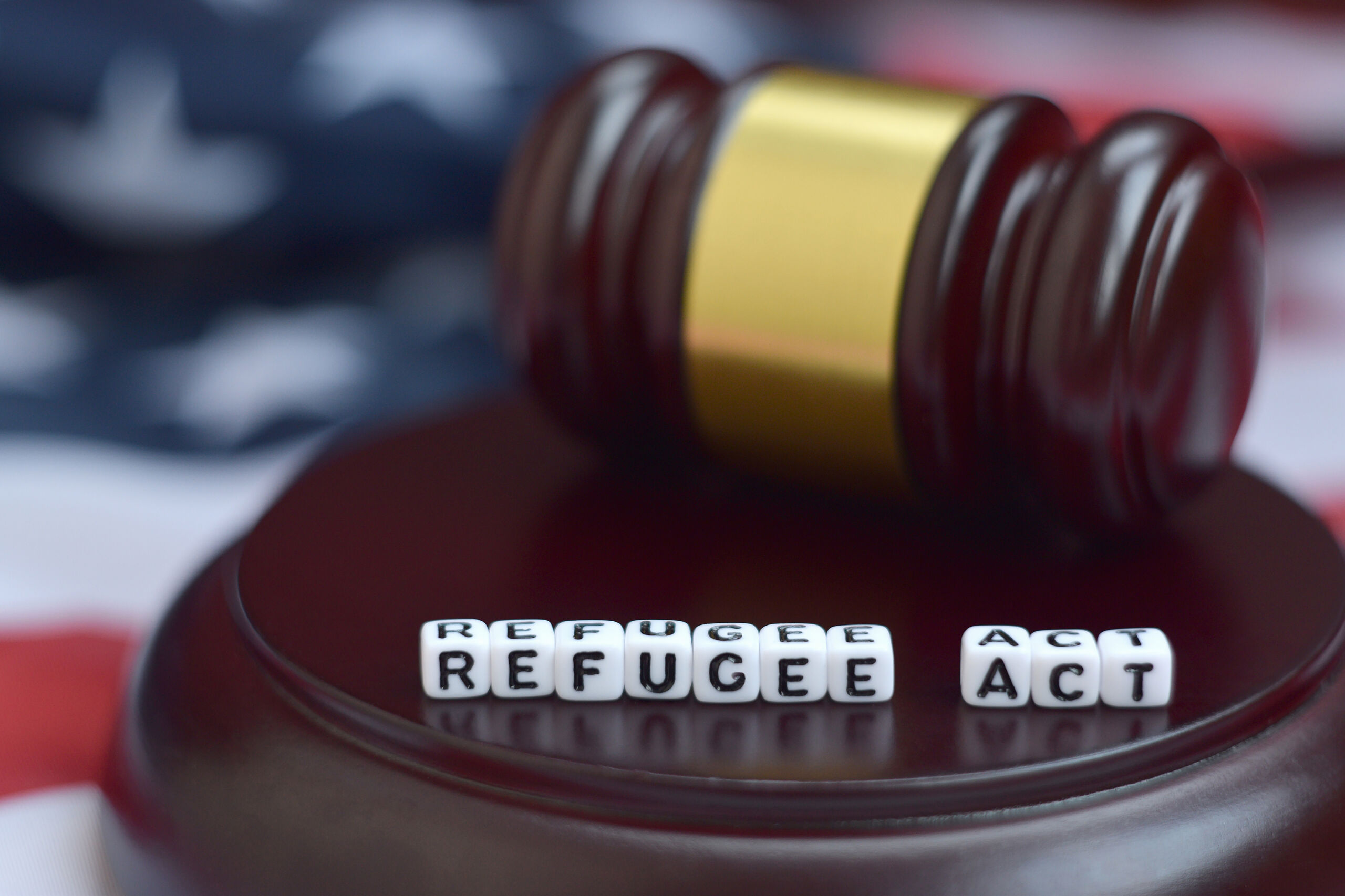By: Richard Hanus, Esq.
November 27, 2023
When it comes to LGBTQ foreign nationals who are present in the United States and seeking the protection of our asylum laws, I have noticed 2 important trends in recent years. First, it appears more nations across the globe are becoming increasingly inhospitable, to say the least, to members of its LGBTQ population. Second, the United States of America continues to be among the most welcoming destinations for LGBTQ foreign nationals seeking to live openly and escape threats to their life and liberty in their home countries.
In general, to be protected under U.S. asylum law and reside without restriction and indefinitely in the U.S., a foreign national must prove they have faced, or will face, persecution in their home country due to their race, religion, political belief or “social group”. Indeed, LGBTQ individuals are considered a “social group” for purposes of U.S. asylum law. Further, LGBTQ individuals are considered “persecuted” when their freedom to live openly and safely is threatened by the actions of their home country’s government or parties their government cannot or will not control.
The overall societal conditions faced by the LGBTQ population in a given country can be documented in a variety of ways. Journalistic accounts, online news coverage, country conditions and human rights reports issued by the U.S. Department of State along with expert testimony of a LGBTQ rights expert for the nation at issue are all helpful.
Common examples of human rights violations in countries LGBTQ foreign nationals are escaping from include legislation banning behavior particular to their community -including the death penalty for certain LGBTQ behavior/activities, institutional tolerance of systemic job discrimination and harassment, institutional tolerance of honor killings and police brutality OR indifference toward members of LGBTQ population experiencing crime.
How does an asylum applicant prove they are LGBTQ? This of course can be tricky, and usually involves an applicant presenting detailed testimony about their challenges living life as a LGBTQ individual in their home country. This can involve accounts of how they were forced to hide their true identities growing up or as adults, or how they faced threats of job loss, injury or even jail for living openly or advocating for LGBTQ rights causes. For certain, applicants will face many questions in this regard during the adjudicative process, whether before an asylum officer during an administrative interview or before an Immigration Judge or Department of Homeland Security counsel in a hearing in removal proceedings.
When it comes to timing, a foreign national seeking asylum in the U.S. must apply within 1 year of arriving here. There are several exceptions to this requirement, but best practices dictate that applicants take all measures possible to avoid having to qualify under any of these exceptions.
According to recently published online reports (including in Forbes, The Guardian, Amnesty USA) members of LGBTQ communities in the following countries are reported to be among those facing the worst human rights conditions in the world (in no particular order and not an exhaustive list):
Middle East: Yemen, Brunei, Iran, Saudi Arabia, Gaza/West Bank – Palestine, Qatar, Mauritania, Libya, Jordan, Egypt, Morocco, United Arab Emirates, Brunei, Kuwait, Afghanistan, Oman, Algeria, Tunisia
Africa: Gambia, Zimbabwe, Sudan, Zambia, Somalia, Nigeria, Malawi, Tonga, Senegal, Ethiopia, Tanzania, Uganda
Europe: Azerbaijan, Poland, Russia, Moldova, Montenegro
Asia: Pakistan, ,Tajikistan, Malaysia, Myanmar, Maldives
Caribbean/Central and South America: Guyana, Jamaica, Honduras
Essential to the success of any asylum application, no matter the legal grounds, is the presentation of a well documented application along with detailed, consistent applicant testimony, and in many cases affidavits and testimony of additional witnesses, such as country condition experts. Having experienced immigration law counsel on your side is also a must, given the high stakes playing field and the consequences a foreign national faces for a poorly presented case.
PUBLISHED November 27, 2023 – “IMMIGRATION LAW FORUM” Copyright © 2023, By Law Offices of Richard Hanus, Chicago, Illinois

